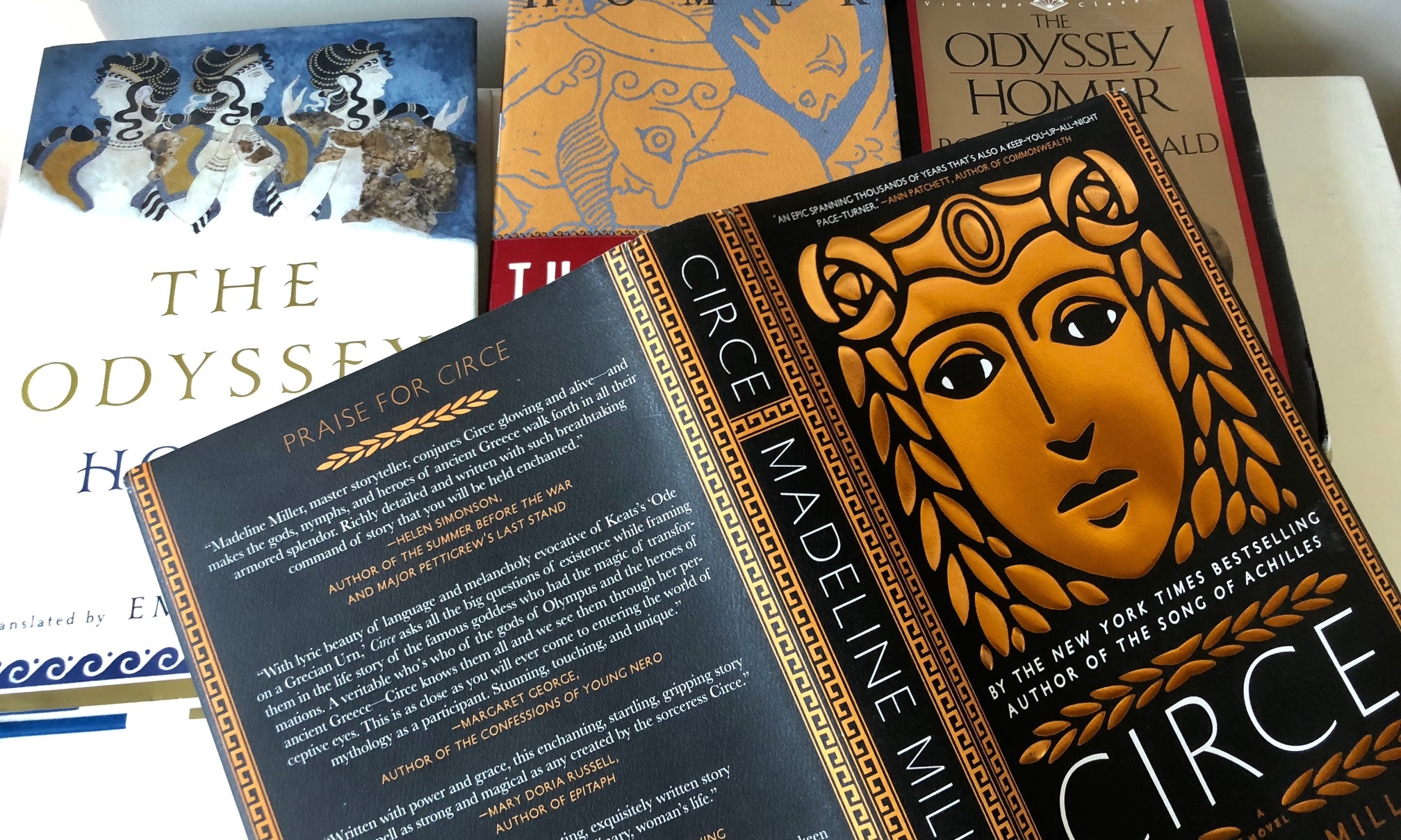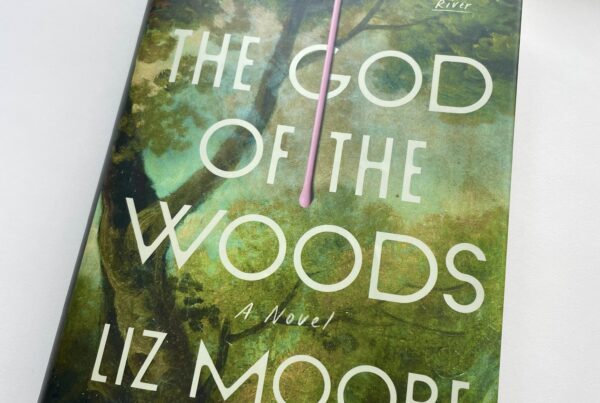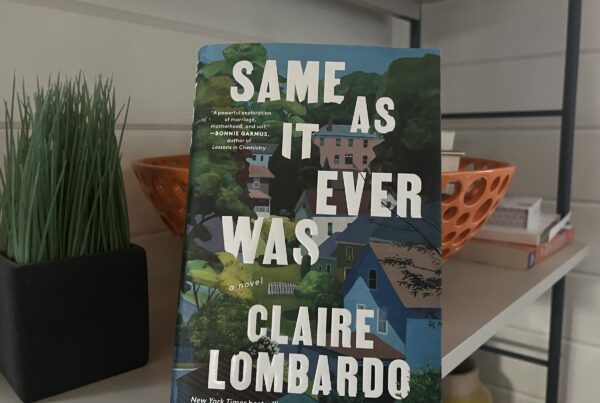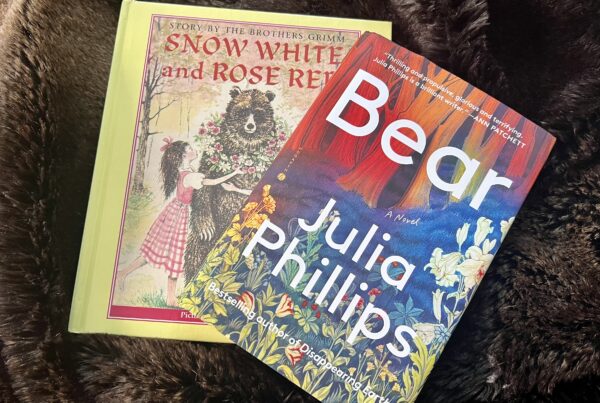a bookclique pick by Jessica Flaxman
A hero on a long journey home to his kingdom, wife and child is delayed again and again by mythical creatures and arduous traps. Through cleverness and creativity, along with the patronage of the goddess Athena, Odysseus defeats the Cyclops, escapes the Sirens, and visits the land of the dead. Why it was not so easy for him to leave the enchanted realms of Calypso (7 years) and Circe (1) suggests their power and his ambivalence, two threads deftly picked up in Madeline Miller’s brilliant new novel, Circe.
In Miller’s Circe, the witch of Aiaia who famously turned Odysseus’ men into pigs is given voice, history, and dimensionality. Born to Helios, a Titan, and Perse, a nymph, Circe unfortunately lacks their godly beauty or presence. Even her voice is thin and irritating, sounding, she learns later, more human than divine. Shunned and mocked, she spends a great deal of time watching others and keeping to the periphery. But when Prometheus steals fire from the gods and is brought to Helios for his punishment, Circe’s own journey begins.
“What is a mortal like?” she asks Prometheus in chains. He tells her that humans are different in every aspect but death. “How do they bear death?” she asks. “As best they can,” he answers.
From this kernel, Circe’s heart as well as her innate power of sorcery are ignited. In love with a human being named Glaucos, she unwittingly transforms him into a god and, when he spurns her for another nymph named Scylla, from her jealousy creates the famous, sailor-eating monster of the sea. Banished to a life of total solitude, Circe spends centuries learning to harness the power in plants, flowers, and herself. The book then imagines a number of different intersections between Circe and more celebrated characters including Hermes, the Minotaur, Deadalus, and of course Odysseus.
It seems important to Miller that Odysseus stayed with Circe not because he had to, but because he wanted to. Indeed, readers of this novel will feel a similar compulsion to stay with Circe as long as possible – to the very last, very human, word.




